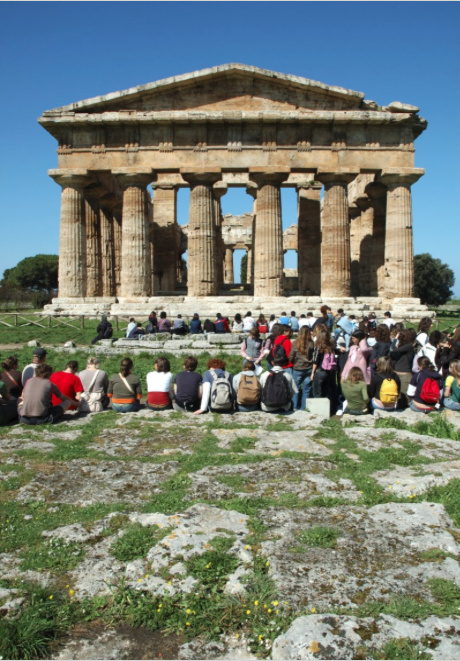Discover 300 years of Scottish history through this magnificent and carefully conserved neo-Palladian villa. Newhailes is famed for having some of the finest rococo interiors in Scotland.
Learning Officer and Ranger Service available. Your visit duration and content can be tailored to individual school's needs.





